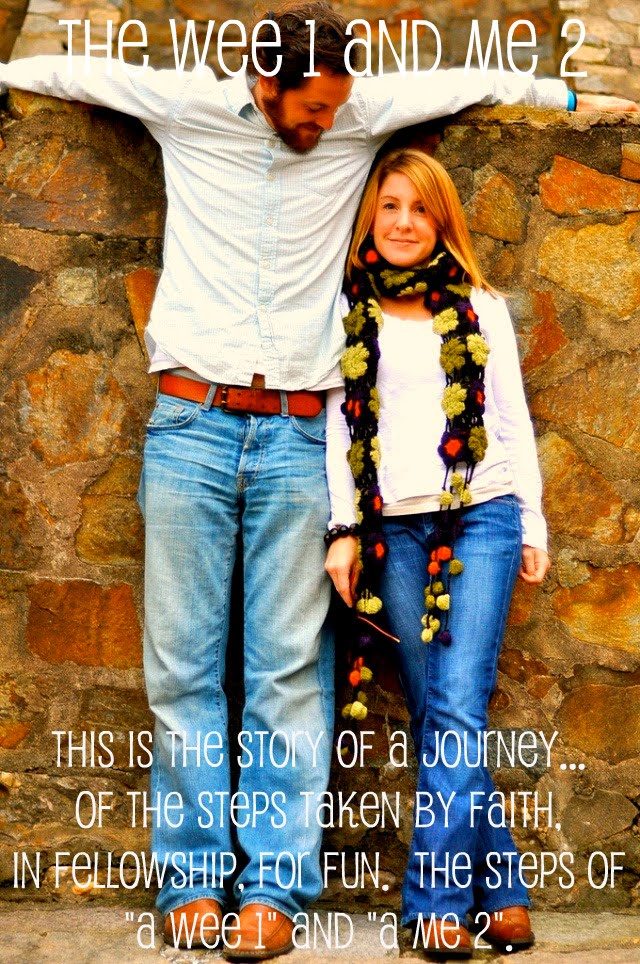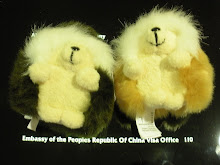
After 6,293 steps (officially…more if you go through the temples), 11 gates, 14 archways, 22 temples, and with thousands of Chinese comrades, our climb finished 5,059 feet higher and 4 hours later than we started. At 4:30 a.m. we found ourselves at the summit of the "most revered of the five sacred mountains" in China (as is inscribed on one of the 819 stone tablets found on the mountain). Dana and I set out on this journey to experience one of the many traditions of ancient China, and this trek has been made for over 3,000 years. Traditions don’t die easy here, and from the turn out on this given Monday, this one will live another 3,000 years.
The people of China will gladly tell anyone Tai Shan is known for its sunrise and its bond to birth and renewal. This bond is why worshippers have been making their way to the top dating back to the earliest inhabitants of the Middle Kingdom. And as Chinese tradition would have it, paying homage to the heavens with sacrifices at its summit was a rite of passage for the new emperor. It is no surprise that the mountain’s name, Tai, "泰" means “peace.” It seems peace is the reward received for faithfully reaching “heaven’s gate.”

For those readers that have not traveled to China, don’t believe that China’s government, during any period, has restricted the people’s faith (religion maybe but not faith). Faith is strong here in the People’s Republic. There is evidence of trust in the government, a strong belief in family is obvious, an allegiance to the group is felt and a faith in the
 teachings of Confucius, Buddha, Tao, and ancestors are lived out. As a country that lacks Christianity and God, it does not lack gods. As a country that lacks the Holy Spirit, it does not lack spirituality. As a country that lacks the Creator, it does not lack creators.
teachings of Confucius, Buddha, Tao, and ancestors are lived out. As a country that lacks Christianity and God, it does not lack gods. As a country that lacks the Holy Spirit, it does not lack spirituality. As a country that lacks the Creator, it does not lack creators.
As I made the steps up the mountain in the darkness minding each step so as not to step into a Buddhist, Taoist, and Confucian statue, the stories of Israel and Judah, of their turning from God and his pursuit of their worship, ran through my mind. In my mind I traveled back and forth between modern China and ancient, biblical times. As we passed by each new temple I connected more and more with the stories of the wrath of judgment poured out on His chosen people because their hearts loved gods of their own creation not the God of Creation.
 The smell of incense was inescapable as these stories became more alive with each step. I was reminded of Jeremiah 1:16, “I will pronounce my judgments on my people because of their wickedness in forsaking me, in burning incense to other gods and in worshiping what their hands have made.”
The smell of incense was inescapable as these stories became more alive with each step. I was reminded of Jeremiah 1:16, “I will pronounce my judgments on my people because of their wickedness in forsaking me, in burning incense to other gods and in worshiping what their hands have made.”When we reached the top I looked for Jeremiah. I heard him but I couldn’t find him. I heard him saying, “They say to wood, ‘You gave me birth.’ They have turned their backs to me and not their faces; yet when they are in trouble, they say, ‘Come and save us!’ Where then are the gods you made for yourselves? Let them come if they can save you when you are in trouble! For you have as many gods as you have towns, O Judah.” “…their idols cannot speak; they must be carried because they cannot walk. Do not fear them; they can do no harm nor can they do any good.” So many have made this pilgrimage to honor these “worthless idols” and to see the sunrise for with it brings the glory of Good Luck!

So, as I sat waiting for the sun to show itself my thoughts turned inward. Instead of hiding my idols inside, what would life be like if they were out on display? I immediately tried to stop that line of thinking, however it didn’t work. The thought of my idols and having them on display was embarrassing, condemning, and offensive. I was quickly relieved in knowing that, unlike the ones I passed on the way up and in the temples with incense burning all around, my idols
 are hidden from public view. I am free to move around and ‘worship’ my idols at any time. I do not need to make pilgrimages to them, but at times I do. I do not need to make sacrifices for them, but I do so often. I do not need to hang flags, give gifts, or make gestures on their behalf, but I find myself doing so time and again. My idols are locked away from the public but not from God. And this truth stung like the mornings below-freezing air. I again heard Jeremiah reminding me that I am like Israel and Judah who “strayed so far…followed worthless idols and became worthless themselves.” And how I “exchange my Glory for worthless idols.” I was told that I could not look at the idolatry of this mountain (or country) as a foreign practice. I was told, while I sat there, that I must take ownership of it as a familiar practice and repent as was asked of my Christian forefathers.
are hidden from public view. I am free to move around and ‘worship’ my idols at any time. I do not need to make pilgrimages to them, but at times I do. I do not need to make sacrifices for them, but I do so often. I do not need to hang flags, give gifts, or make gestures on their behalf, but I find myself doing so time and again. My idols are locked away from the public but not from God. And this truth stung like the mornings below-freezing air. I again heard Jeremiah reminding me that I am like Israel and Judah who “strayed so far…followed worthless idols and became worthless themselves.” And how I “exchange my Glory for worthless idols.” I was told that I could not look at the idolatry of this mountain (or country) as a foreign practice. I was told, while I sat there, that I must take ownership of it as a familiar practice and repent as was asked of my Christian forefathers.Tai Shan had once again provided a worshipper a place to worship, to gain understanding, make connections, and offer praise. Though the journey began as a way to experience China it ended with me experiencing so much more than China…I experienced Holy Spirit accountability. As the sun came over the horizon with all its awe and splendor, it did bring a renewal of hope. A hope that brought the words, “because of the Lord’s great love we are not consumed, for his compassions never fail. They are new every morning; great is your faithfulness. I say to myself, ‘The Lord is my portion.’” This filled my mind like the sunlight filled the sky. It looks as if peace is the reward for those that make it up to heaven’s gate!

Mao Zedong has been quoted for saying, "To die for the people is weightier than Mount Tai, but to work for the fascists and die for the exploiters and oppressors is lighter than a feather.” I would like to give one of my own, “To die serving an idol is weightier than Mount Tai, but to die serving the Creator of stone and wood is lighter than a feather.”


Brad, we loved this post and the insights it gave us. Like Dana's dad says- Amen!
ReplyDelete